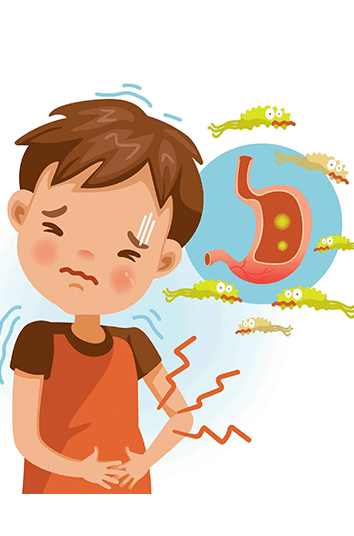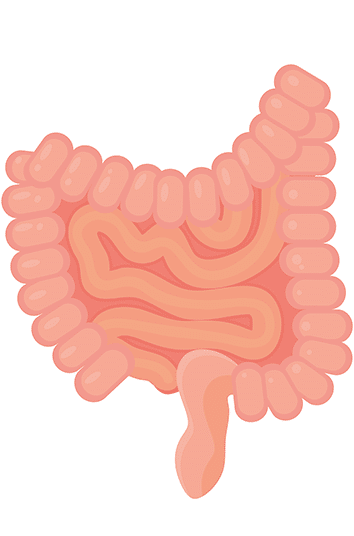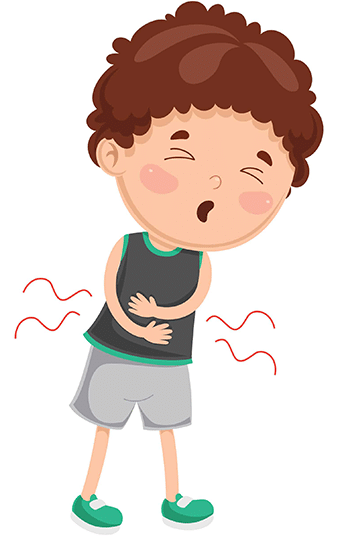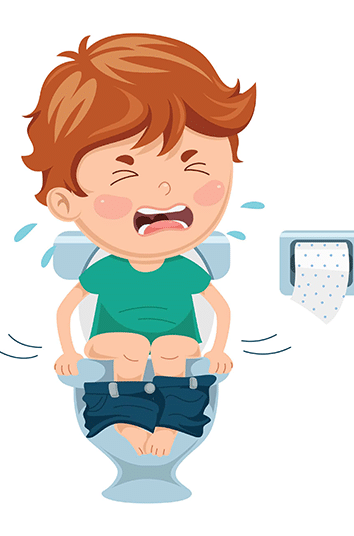Celiac Disease Treatment Near You in Georgia GA
Children’s Digestive Wellness: Nurturing Healthy Tummies
Gastroenterology Specialists for Children in Gainesville, GA
Celiac disease ranks as one of the prevalent conditions in children, impacting approximately one in every 100. At Gastro Health for Kids our team comprises board-certified and seasoned pediatric gastroenterologists with the proficiency to diagnose and address your child’s celiac disease, fostering their well-being and growth. Arrange an appointment by reaching out to the nearest office via phone or utilizing our user-friendly online booking tool.
Understanding Celiac Disease: Frequently Asked Questions
Understanding Celiac Disease: An Overview
In the case of a child diagnosed with celiac disease, an autoimmune condition, the consumption of gluten prompts the immune system to launch an attack on the small intestine. This assault leads to damage to the microvilli, minute finger-like projections within the small intestine responsible for absorbing nutrients from ingested food. In the absence of healthy microvilli, a child’s intestines become incapable of absorbing essential vitamins and minerals crucial for growth and overall well-being.
The primary antagonist in celiac disease is gluten, a protein present in specific grains, including wheat, rye, and barley. By eliminating gluten from the diet, a child’s small intestine can gradually undergo healing, enabling them to experience improved well-being and proper absorption of essential nutrients.
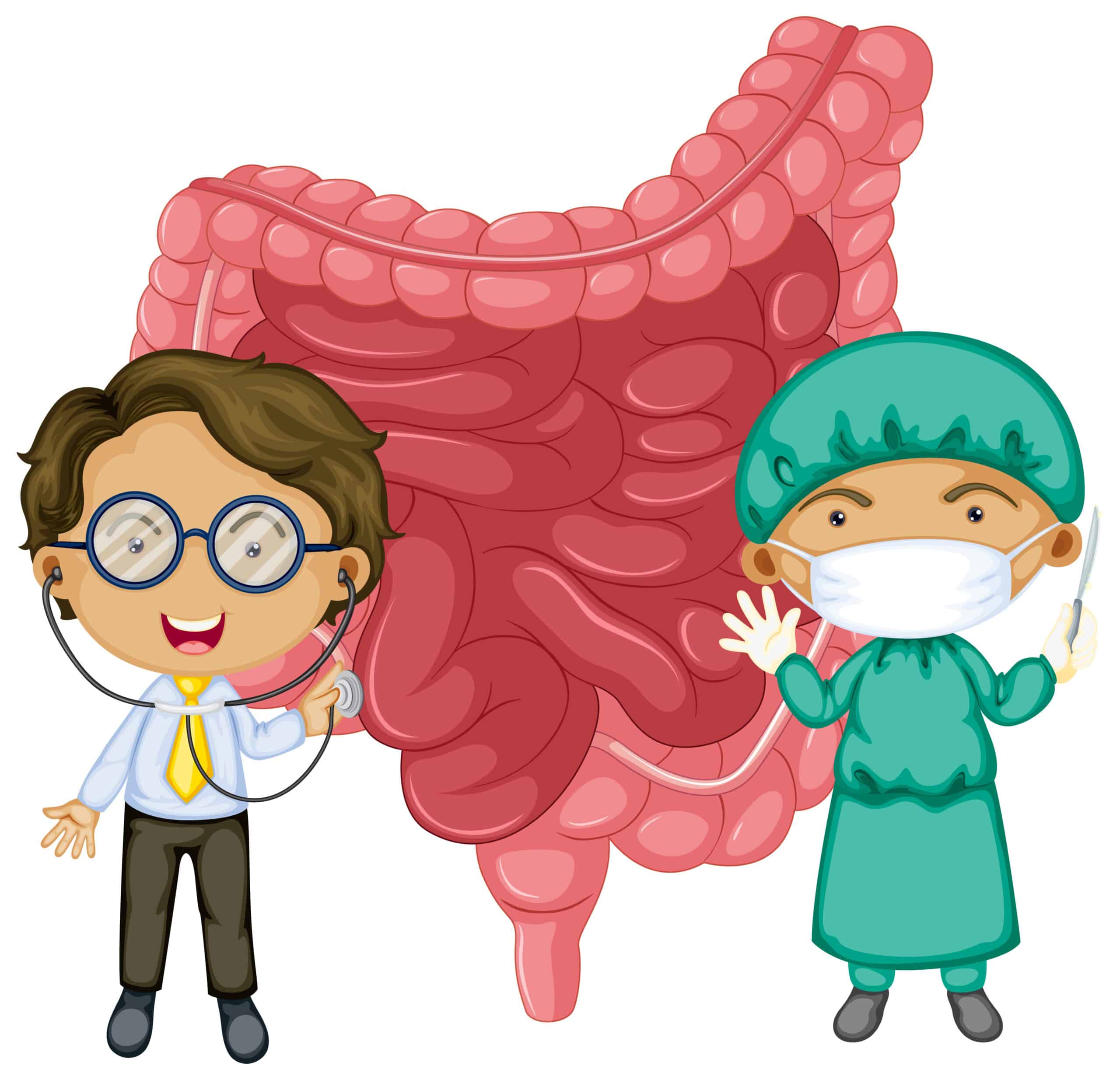
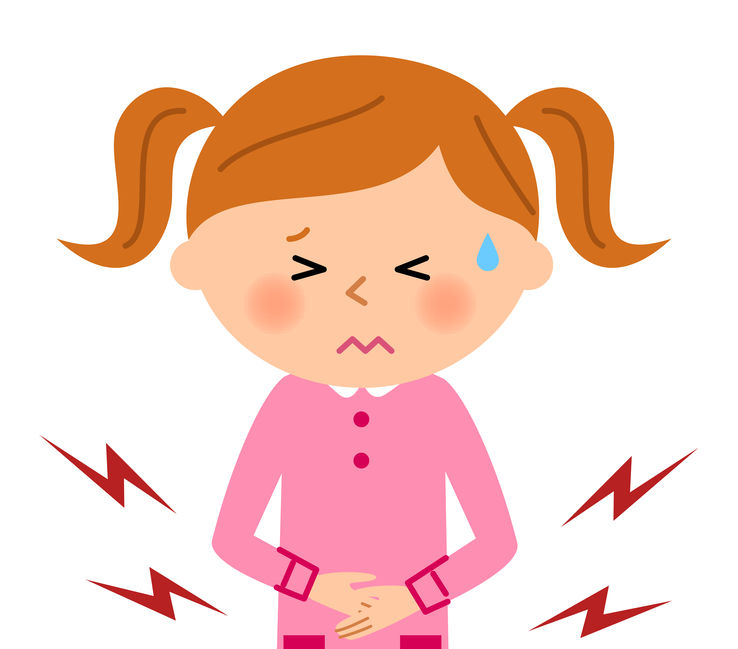
Recognizing Celiac Disease: Common Signs and Symptoms
Celiac Disease Symptoms Differ Based on Your Child’s Age.
Celiac Disease in Babies and Young Children
As your child transitions to solid foods, typically around six months of age, gluten may become a part of their diet. Intestinal damage can lead to nutrient malabsorption, hindering your child’s growth and causing them to lag on growth charts.
Additional symptoms of celiac disease in this age group encompass irritability, bloating, vomiting, and diarrhea.
Toddlers and Preschoolers
During this stage, vomiting becomes less frequent, yet symptoms such as gas, diarrhea, constipation, abdominal distention, and stomach pain may become more noticeable.
School-Age Children
During adolescence, your child may experience abdominal issues such as constipation, vomiting, and stomach pain. Additional symptoms may involve:
- Delay in the onset of puberty
- Anemia
- Skin rashes
- Weight loss
- Stunted growth
- Headaches and migraines
- Bone and joint pain
- Mouth sores
In certain instances, your adolescent might also grapple with anxiety, depression, or panic attacks.


Managing Celiac Disease: Treatment Approaches
If your child is diagnosed with celiac disease, adopting a lifelong gluten-free diet is essential. It requires a thorough understanding of foods, medications, and other products that may contain gluten. This entails scrutinizing product labels and becoming aware of potential hidden sources of gluten.
Typically, your child can still enjoy a diverse range of whole foods, including fruits, vegetables, milk, eggs, plain meats and fish, beans and legumes, and gluten-free grains. The team at Gastro Health for Kids is available to provide nutritional guidance, facilitating a smooth transition to a gluten-free lifestyle.
Additionally, they may recommend consultation with a registered dietitian for more comprehensive details on adjusting your child’s eating plan. Some parents choose to transition their entire family to a gluten-free diet to minimize the risk of cross-contamination for the affected child.
For more information on celiac disease and its treatment, feel free to contact Gastro Health for Kids or conveniently schedule an appointment online today.


